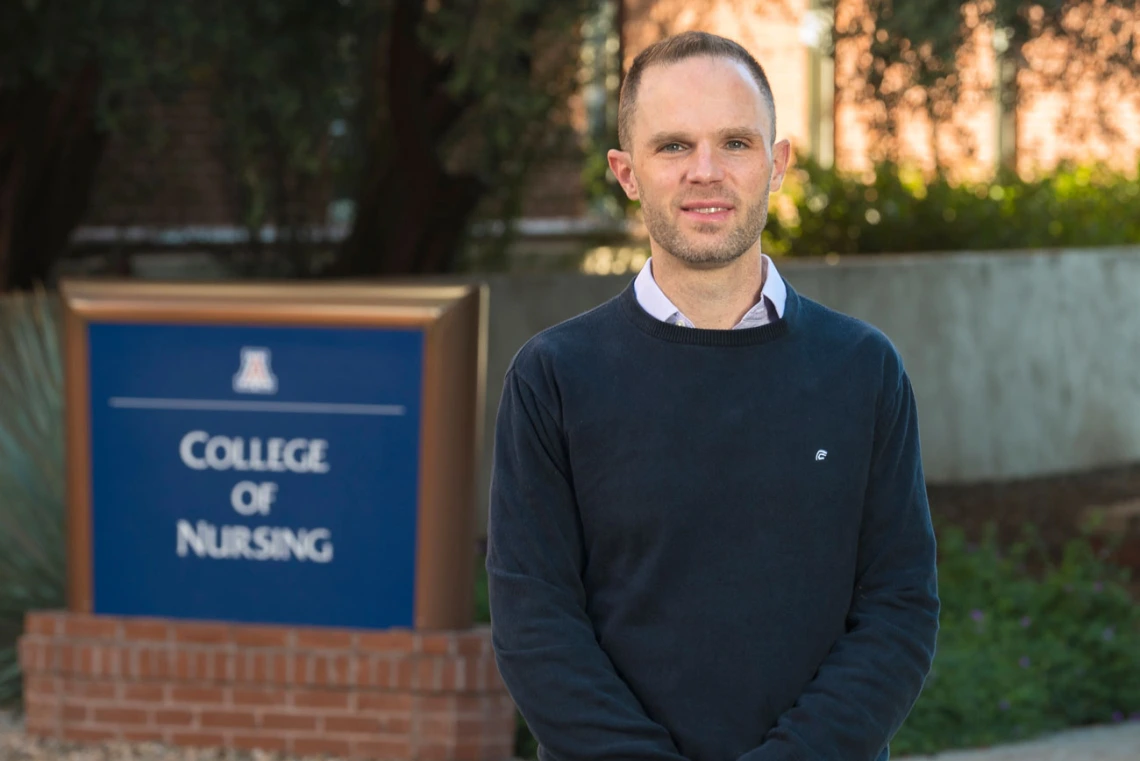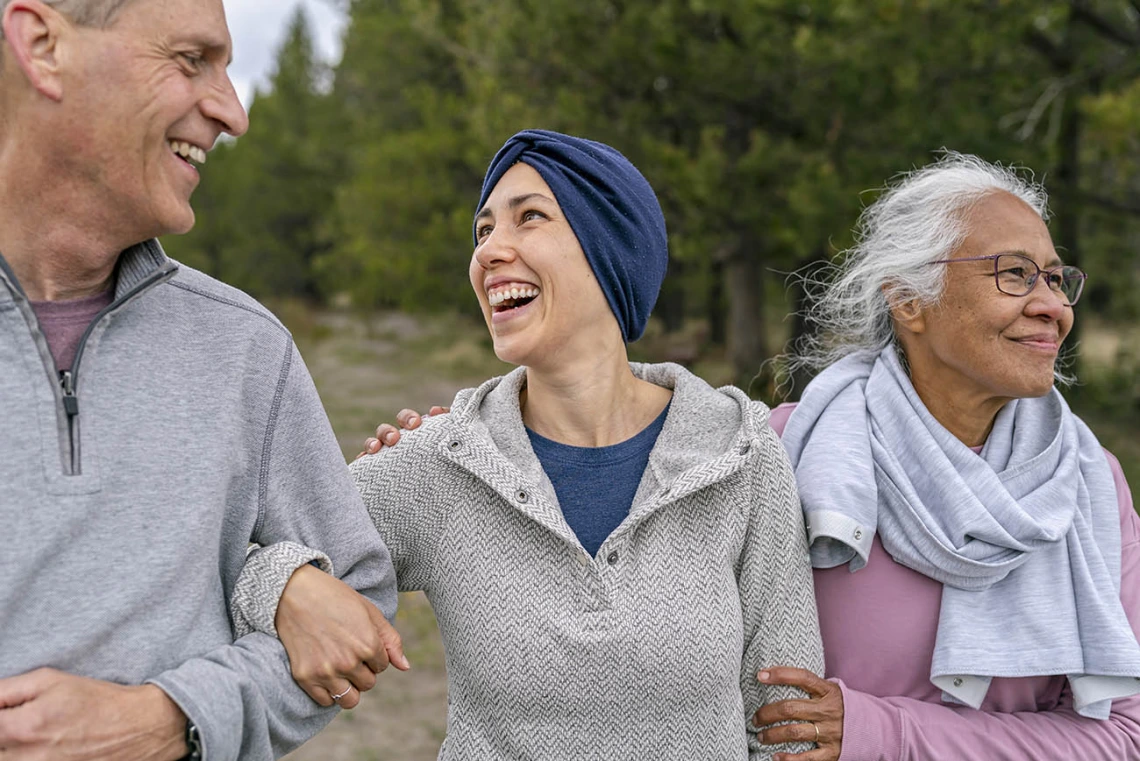Studying How Meditation Helps Breast Cancer Survivors and Their Partners
Thaddeus Pace, PhD, shares his team’s current research into whether guided meditation can benefit breast cancer survivors and their loved ones.

Cancer is a physically, emotionally and mentally exhausting experience.
Many of the 3.8 million breast cancer survivors in the United States today experience disruptive psychological distress or anxiety and depression.
Research suggests that distress experienced by survivors involves dysregulation of the body’s stress response pathways. Plus, the biology of cancer and treatment side effects can lead to increased inflammation and change the release of stress hormones including cortisol in the body.
At some point in their cancer survivorship journey, many people try meditation. My team at the University of Arizona College of Nursing has been working for the last few years to determine the scientific benefits of meditation for breast cancer survivors.
Unique meditation program focuses on compassion and connections
For the first time several years ago, my colleagues and I tested a meditation program for breast cancer survivors called CBCT®, or Cognitively-Based Compassion Training.

Thaddeus Pace, PhD, is an associate professor in the University of Arizona College of Nursing. His research explores the stress biology of cancer survivors and novel interventions that can help both survivors and supportive partners.
We focused on breast cancer survivors because this is the largest group of any given cancer, and because women share many common experiences after having breast cancer. Studies have found that up to 80% of women with breast cancer experience depression or anxiety within five years of being diagnosed.
We believe CBCT may be worthwhile for survivors because it helps people appreciate that they are connected to others and not alone, which reduces feelings of distress. We also know that meditation programs, including CBCT, can have a beneficial impact on inflammation and cortisol.
Unlike other guided meditation programs such as mindfulness meditation, CBCT goes beyond attention training and nonjudgmental awareness in the present moment to consider topics of self-compassion and compassion.

Cognitively-Based Compassion Training (CBCT) also considers topics of self-compassion and compassion.
Central to CBCT is exploring the idea that everyone wants to be free of suffering and everyone wants to be happy. CBCT helps us analyze the importance of our interconnections with others and also better appreciate ourselves in this social world.
In our study several years ago, we found that breast cancer survivors who took part in CBCT had less depression and anxiety compared to survivors who were part of a control group. Another notable finding was that several survivors said they wanted to bring along their supportive partners.
Including breast cancer survivors’ partner, family and friends
When a loved one has cancer, the stress can be intense and may affect the whole family.
Cancer is a shared experience that pulls in supportive partners as well. Supportive partners are people in the “social orbit” of survivors, including spouses, adult children and parents of survivors.
Building evidence highlights the powerful interconnections that exist between survivors and supportive partners. When survivors are well, supportive partners are well. And when survivors experience psychological distress, supportive partners experience psychological distress, and vice-versa.

The “social orbit” of breast cancer survivors can include spouses, adult children and parents of survivors.
These interconnections highlight the importance of thinking about supportive partners when working to improve survivors’ well-being. And supportive partners need programs to help their well-being, too. So we’re continuing to work to develop new program options to offer to survivors and supportive partners, including CBCT.
Next steps for our research
With funding from the National Cancer Institute, we are now continuing our research with breast cancer survivors and supportive partners.
We expect to find that survivors will get the most benefit from CBCT for anxiety and depression when they learn along with their supportive partners. For the first time, we are excited to offer CBCT through Zoom. This way, our certified instructors can teach CBCT to survivors and their partners from around the United States.
If you’re interested in learning more about our work, please visit the Breast Cancer SUPORT project web page.
About the Author
Thaddeus Pace, PhD, is an associate professor in the University of Arizona College of Nursing. His research explores the stress biology of cancer survivors and novel interventions that can help both survivors and supportive partners.

